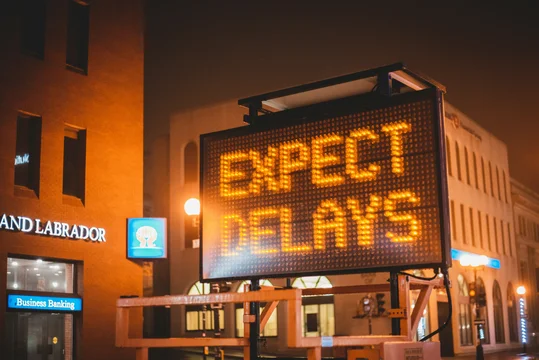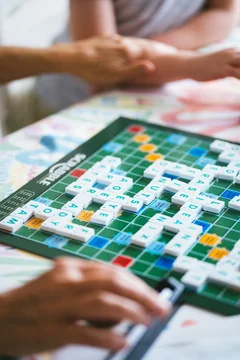
Many District of Delaware scheduling orders in patent cases include deadlines for both "initial" and "final" infringement and invalidity contentions. In those cases, parties often argue that having a deadline for "final" invalidity contentions means there is no obligation to supplement in the period between initial and final contentions.
The obligation to supplement under Federal Rule of Civil Procedure 26, after all, states that it applies to Rule 26(a) disclosures, interrogatories, RFAs, and RFPs—but not explicitly to "contentions" required by a scheduling order.
I've seen the Court go both ways on this. The judges often seem willing to grant a motion to compel earlier responses, saying that early supplementation is required and that a party cannot withhold information until the final contentions deadline. On the other hand, however, the judges seem much less willing to grant a motion to strike late responses. That's consistent with the Pennypack test for late responses, and with the Court's preference to decide things on their merits.
Yesterday, we got another data point on this, this time from Judge Fallon. She granted a motion to compel updated infringement contentions after claim construction, holding that a party could not just wait for the final contention deadline:
ORAL ORDER re 114 Motion for Discovery Dispute Teleconference. . . . Defendant's motion to compel Plaintiff to supplement his infringement contentions is GRANTED. Plaintiff served his second supplemental infringement contentions on August 16, 2023. . . . After those contentions were served, the court entered a claim construction order and the Patent Trial and Appeal Board ("PTAB") issued a final written decision construing a claim term. (D.I. 95; D.I. 98) Plaintiff did not supplement his infringement contentions in the months since these events occurred. "[E]ven if the initial purpose of infringement contentions is only to put the opposing party on notice of the patentees claims, it does not follow that a patentee may delay supplementation of its contentions until the deadline for service of final contentions when its initial contentions are incomplete or incorrect." Cirba Inc. v. VMWare, Inc., C.A. No. 19-742-LPS, 2021 WL 7209447, at *4 (D. Del. Dec. 14, 2021).
Nikolai Tankovich v. Candela Corporation, C.A. No. 22-1458, D.I. 124 (D. Del. Apr. 24, 2024).
Quoting an earlier case, Judge Fallon noted the "'self-executing' duty to supplement":
Here, the supplemental contentions served by Plaintiff prior to the claim construction rulings do not fully account for the courts construction of the "second laser scanner" term and the PTAB's construction of the "overlapping and non-overlapping beams" term. Under these circumstances, Plaintiff has a "self-executing" duty to supplement, and "litigants who delay setting forth their full contentions until the deadline for final supplementation can face questions about diligence, prejudice, compliance with the Federal Rules, and good or bad faith."
Id.
When thinking strategically about how to handle the other side's seeming failure to supplement, it's worth considering that it will be much easier to compel an early supplement than it will be to strike a late supplement (although—obviously—a successful motion to strike is typically much more impactful).
If you enjoyed this post, consider subscribing to receive free e-mail updates about new posts.





